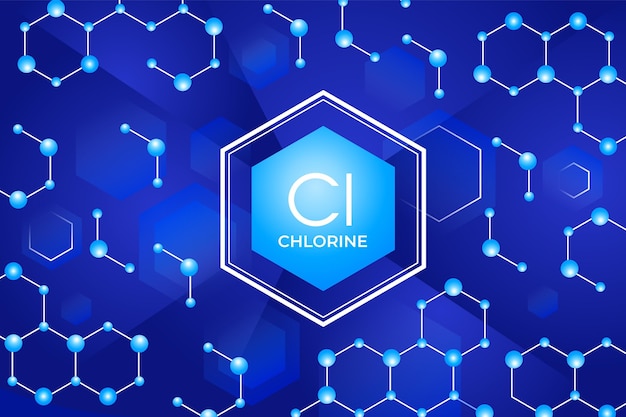What Does R-lipoic Acid Do?
R-lipoic acid plays a crucial role in generating energy within cells by supporting mitochondrial function. It also has the ability to neutralize free radicals, which are harmful molecules that can damage cells. Since both mitochondrial function and cellular health are linked to the aging process, it’s not surprising that poor mitochondrial and cellular function can lead to accelerated aging. Besides its anti-aging properties, lipoic acid works with other antioxidants like vitamin C and glutathione to protect cells.
Alleviates Symptoms of COPD
Research indicates that lipoic acid can improve overall vascular function in individuals with COPD. A recent double-blind, placebo-controlled study involving COPD patients found that those who took lipoic acid experienced better blood flow compared to those who received a placebo.
Encourages Muscle Recovery
If you’ve ever done intense exercise, you know the soreness that follows the next day. This soreness occurs because exercise breaks down muscle tissue, which is necessary for muscle growth. The good news is that studies have shown lipoic acid can help ease the post-exercise recovery period by reducing the body’s response that causes soreness.
Protects the Brain
Antioxidants like lipoic acid are known to protect the brain from oxidative damage, which is associated with aging and neurological diseases. Lipoic acid has the added benefit of being able to cross the blood-brain barrier, allowing it to neutralize free radicals and protect brain and nerve tissue. One study examined the effects of lipoic acid on a small group of seniors with Alzheimer’s disease. The study found that those who took a combination of lipoic acid and fish oil experienced a slower cognitive decline over a 12-month period.
Improves Symptoms of Neuropathy
Lipoic acid has been used for a long time to treat diabetic neuropathy, especially in Europe. A study conducted in 2006 found that it significantly reduced symptoms in comparison to a placebo group.
The Best Sources of Lipoic Acid
You can find lipoic acid in dietary sources such as organ meats like liver and kidney, as well as in spinach, broccoli, and yeast extract. Lipoic acid supplements are also available. Many supplements contain both r-lipoic acid and s-lipoic acid to reduce production costs. For maximum benefit, look for supplements that use only the bioactive form of r-lipoic acid. I personally use and highly recommend Ultimate Cellular Health, which contains a bioavailable form of r-lipoic acid that helps protect and energize your cells’ mitochondrial function.
Do you use alpha-lipoic acid? What changes have you noticed since you started taking it?

